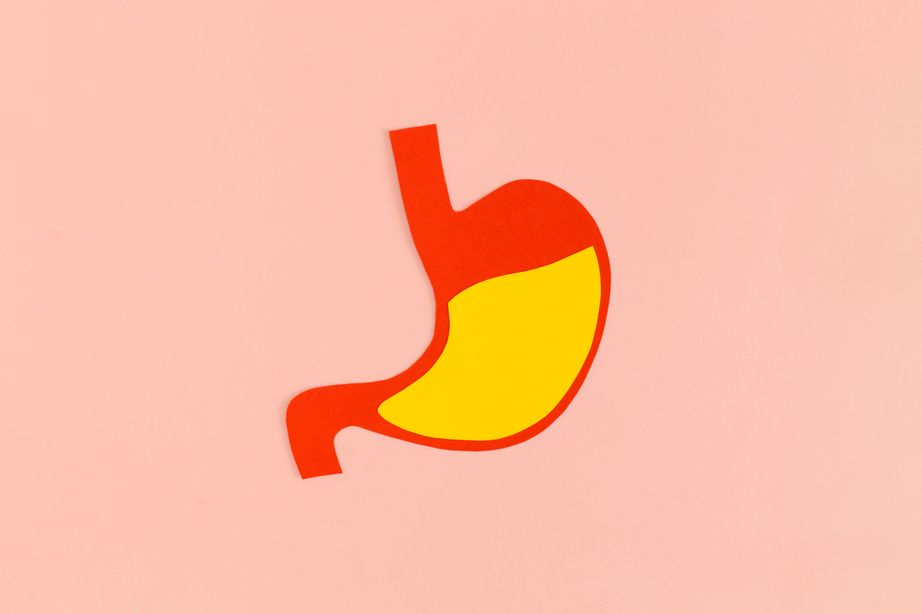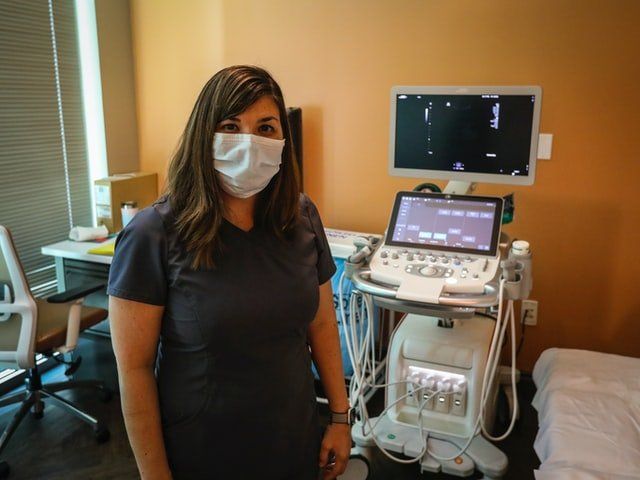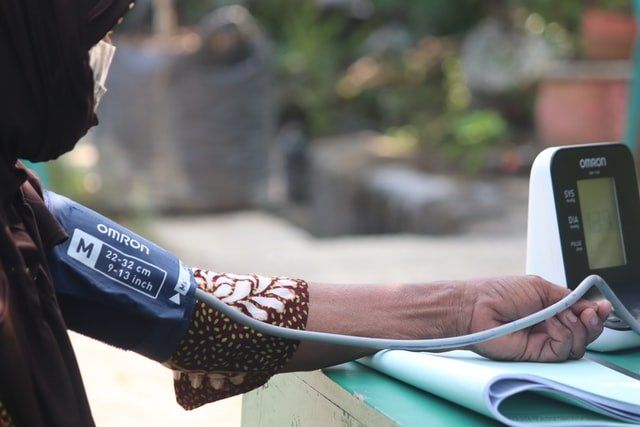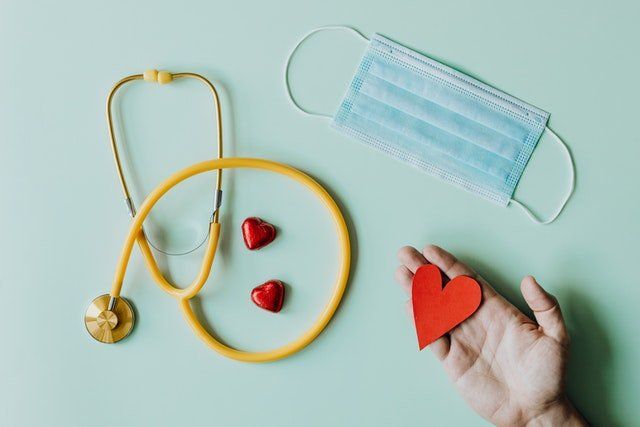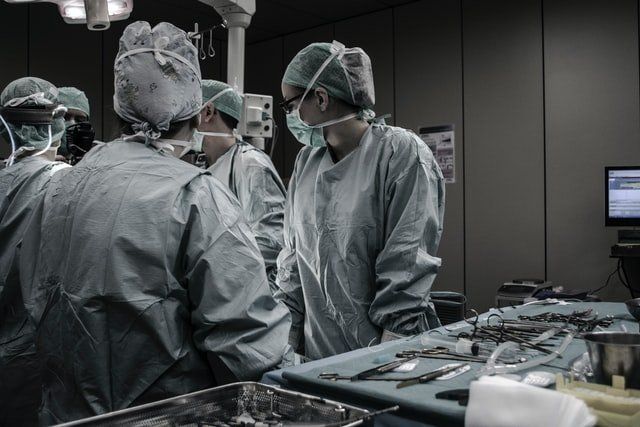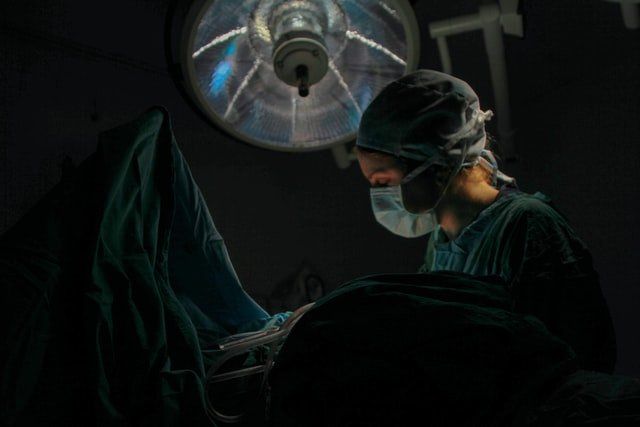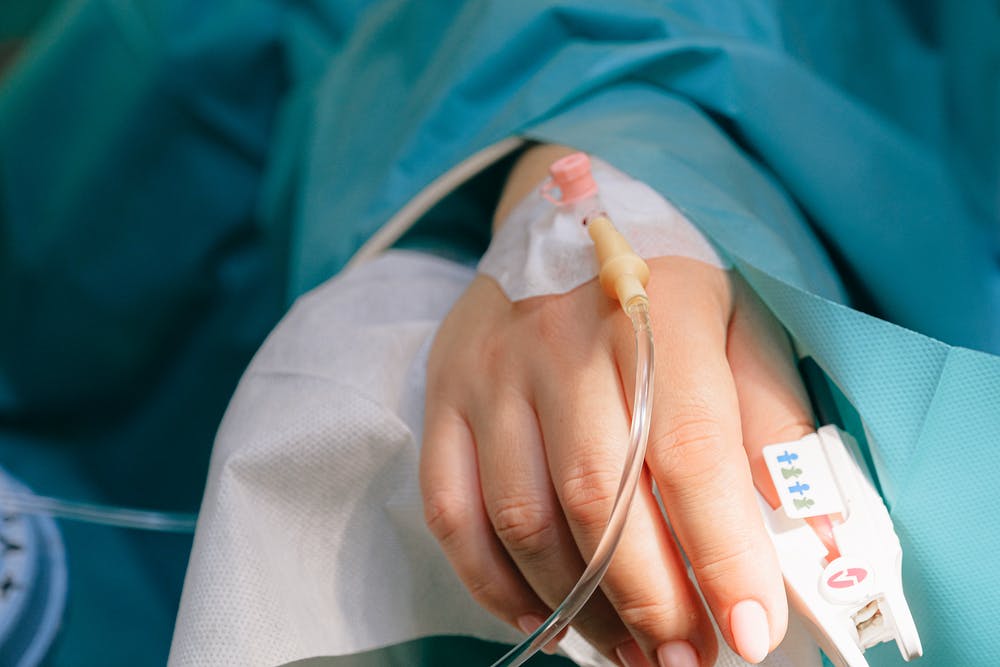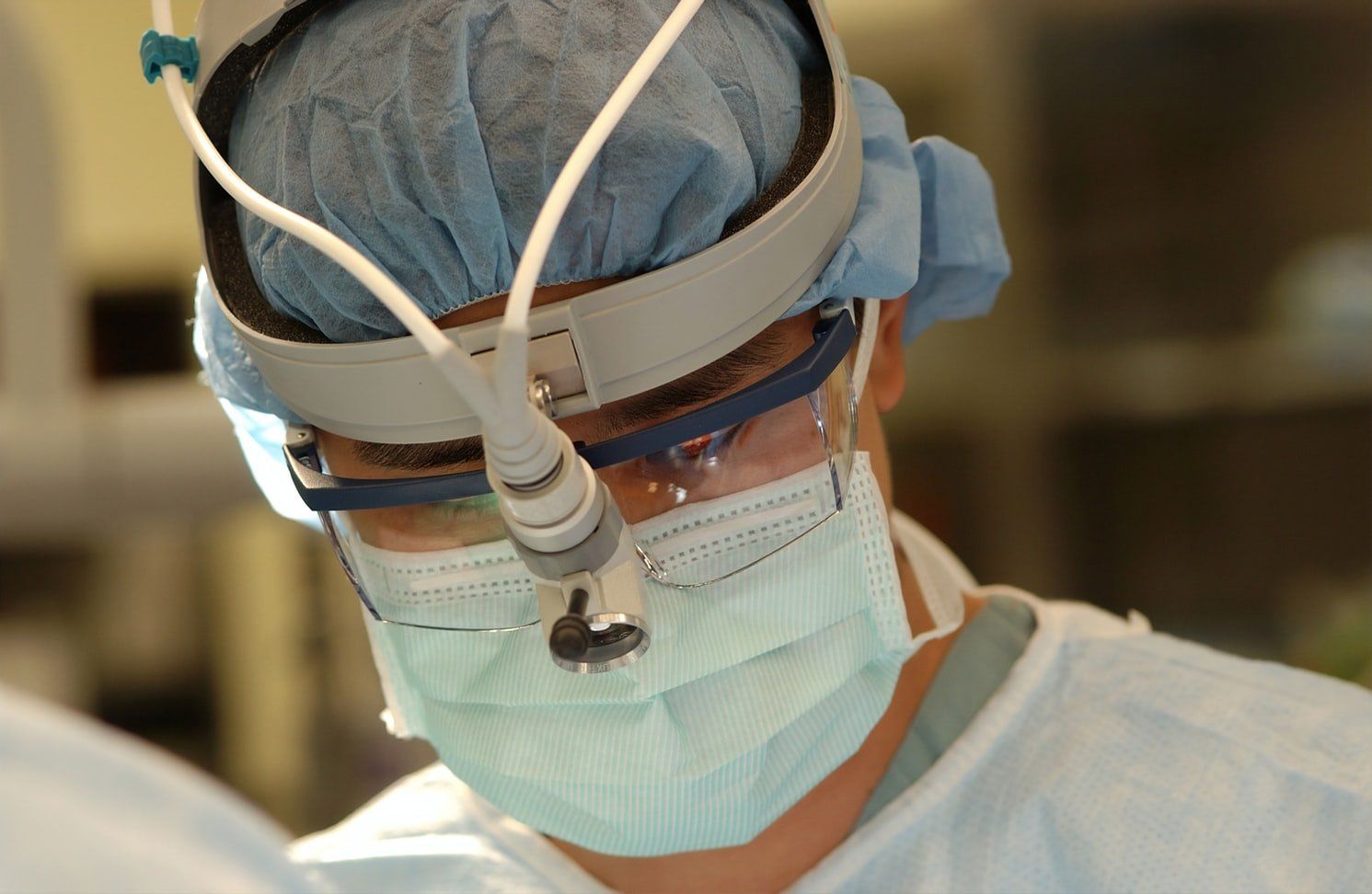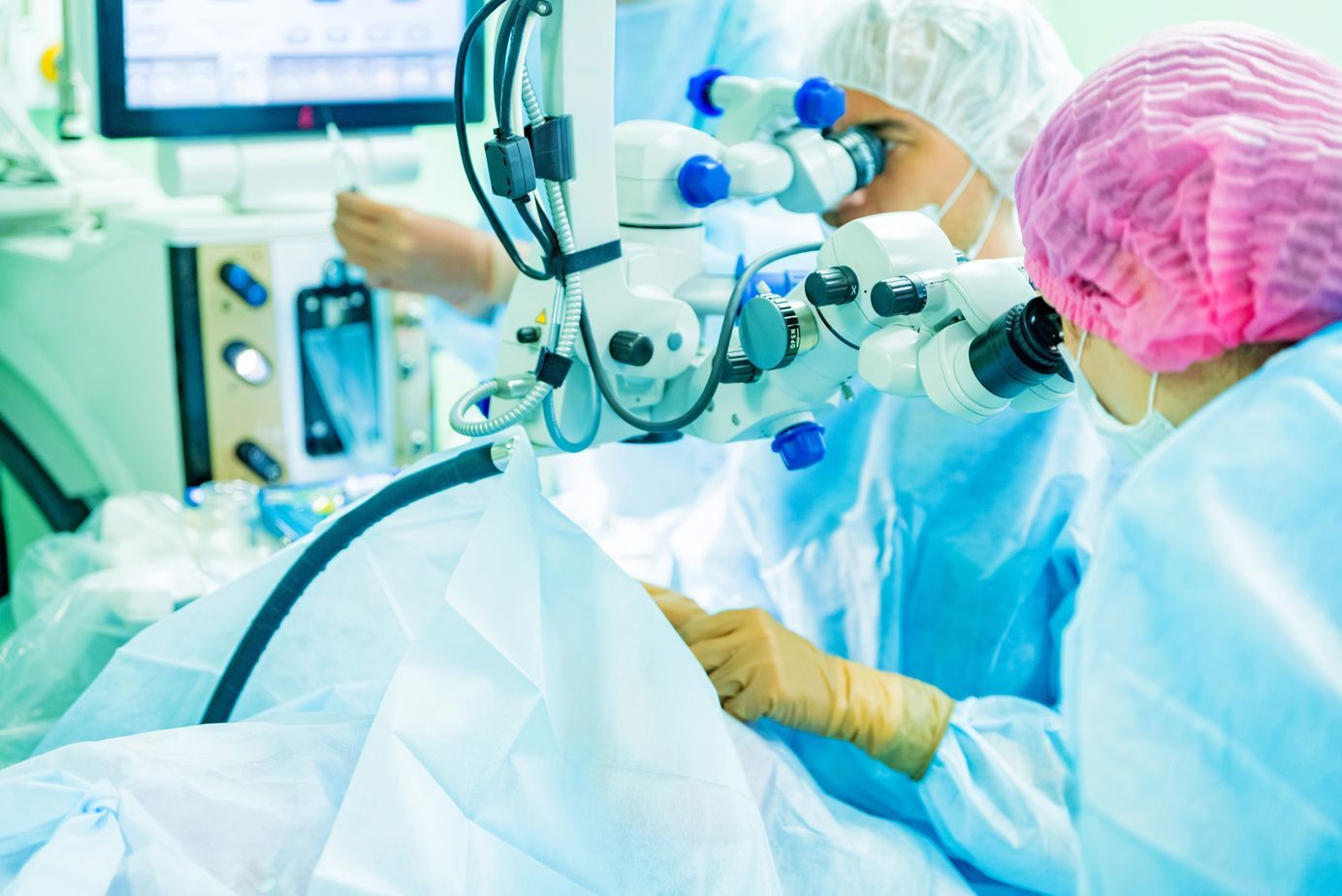Essential Things to Know about Interventional Endoscopy
Endoscopy refers to a method that aims to examine symptoms such as abdominal pain, nausea, reflux, swallowing difficulty, vomiting, and other similar conditions. The process works by inserting a tiny camera through the patient’s mouth to see the inside of their esophagus, stomach, and small intestine.
In this article, you will learn essential information about interventional endoscopy and other related procedures.
What Is Endoscopy?
Endoscopy is also called gastroscopy. It treats certain conditions to prevent further invasive surgeries, including gastric polyps, which may require the bleeding and removal of lesions and stretching strictures. The procedure is also used to get biopsies of suspected infections or tumors.
Before starting endoscopy, the patient will be given a small amount of anesthetic to make them sleep through the entire procedure. Then, the small camera will be inserted, taking images of the involved organs inside and displaying them on a screen. This is highly effective in detecting early cancers, inflammations, and ulcers.
What Is Colonoscopy?
Meanwhile, colonoscopy is a procedure where doctors examine symptoms of abdominal pain and rectal bleeding commonly associated with inflammatory bowel conditions like Crohn’s disease. It involves using a small fiber-optic video tool, a colonoscope, to get a clear view of the patient’s large intestine and rectum, to help the doctor obtain more accurate results.
Patients undergoing colonoscopy are also given a mild anesthetic to let them sleep through the procedure.
Third Space Endoscopy and Endoscopic Reaction
Third Space Endoscopy and Endoscopic Reaction are procedures that aim to repair the gastrointestinal (GI) tract composed of the esophagus, stomach, and small and large intestines. Using endoscopic techniques, they address issues without being too invasive on the patient’s body.
After the Procedure
You must keep in mind that endoscopy and colonoscopy are simple and rarely result in harmful complications. Expect your doctor to discuss potential risks with you before the procedure, so feel free to ask questions as they hold the answers to your concerns.
Because of the anesthetic involved in both procedures, we recommend arranging proper transport to and from the hospital. Driving within twelve hours after your endoscopy or colonoscopy is dangerous, and you should always have someone keep an eye on you and care for you during this period.
You will still be capable of performing basic functions right after your procedure. However, it is still best to have a reliable caretaker by your side in the rare event that you experience any complications.
After being discharged from the hospital, take the time to stay at home and get a good rest. Your doctor will also give you specific aftercare instructions depending on the type of endoscopy you went through.
Conclusion
As with any medical procedure, it will be best to go to a reliable and experienced professional qualified to perform the specific treatment you need to address your health concerns correctly. Undergoing any treatment can be challenging and stressful, so you want to have a compassionate professional by your side. They must support you through the process and provide answers to questions you may have.
If you are looking for the
top gastroenterologist in New Jersey, turn to Michel Kahaleh Gastroenterologist. A world-renowned endoscopist and gastroenterologist, Dr. Michel Kahaleh has pioneered interventional endoscopy. Because of his extensive experience, he can perform various endoscopic procedures. Contact us today to learn more about our services.

